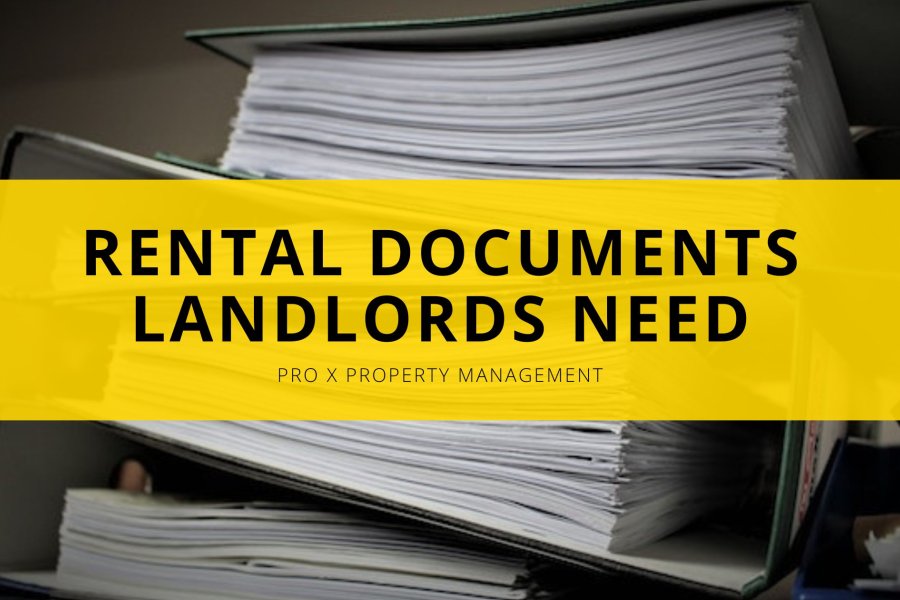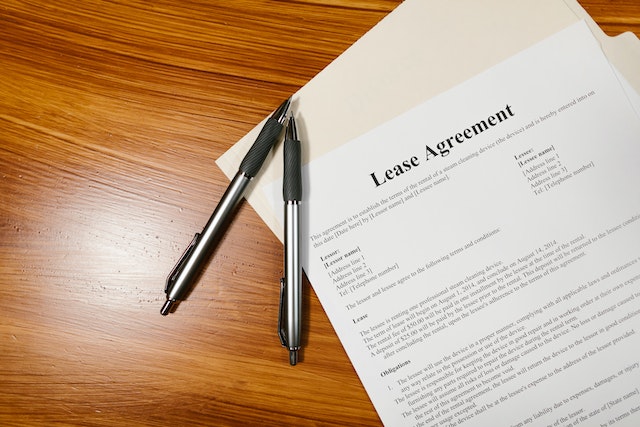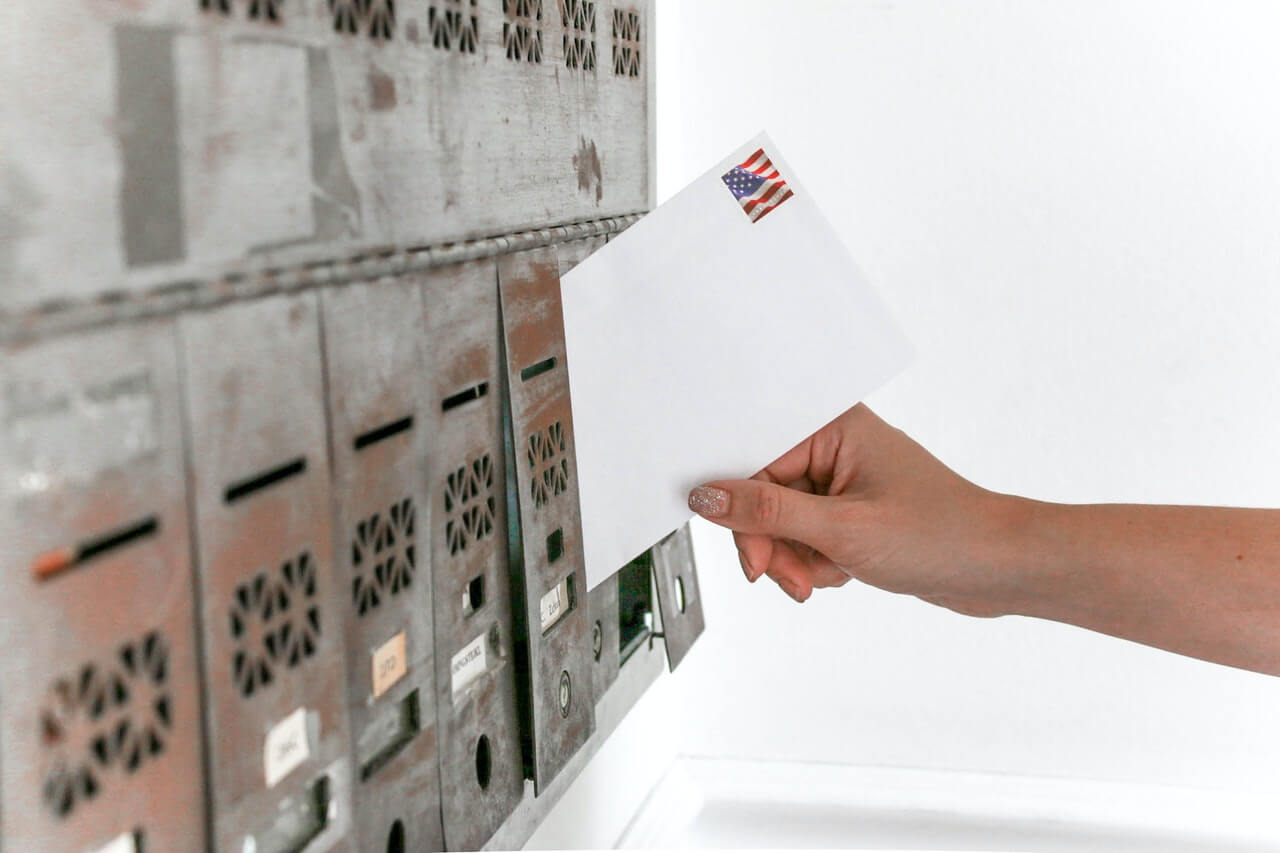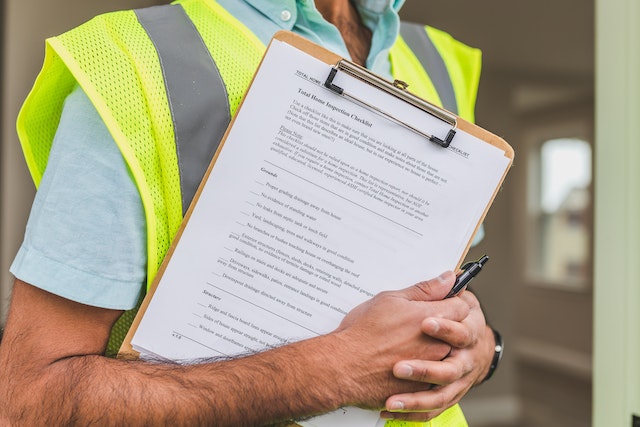
When it comes to renting out a property, landlords have numerous responsibilities and legal obligations to fulfill. It is thus crucial that landlords maintain proper documentation to protect their interests and ensure a smooth and secure tenancy for both parties involved.
Without proper documentation, you could be putting yourself and your property at risk. Keeping these important documents secured and easily accessible is necessary because you’ll never know when you might need them.
Documents Landlords Should Safekeep
Here are the most important documents that you won’t want to lose:
Rental Application
Before signing a lease agreement, it's important to conduct thorough tenant screening. A rental application helps landlords collect important information about each applicant, such as their employment history, rental history, and credit score.
This document can help you determine if the applicant is a good fit for your property and if they have the financial stability to make monthly rental payments. Additionally, a rental application can serve as legal documentation in case of a dispute or legal issue.
Lease Agreement
A lease agreement is a legal document that outlines the terms and conditions of the rental agreement between you and your tenant. This document should include important information, such as the rent amount, payment due date, security deposit amount, and lease duration.

It should also outline any restrictions or rules for the property, such as whether pets are allowed or if smoking is prohibited. A well-drafted lease agreement can help avoid misunderstandings and disputes, ensuring a smooth and hassle-free rental experience for both you and your tenant.
Having a copy of the lease on hand can be helpful if you need to revisit any term during the course of the tenancy.
Move-In/Move-Out Checklist
A move-in/move-out checklist is an essential document that helps landlords and tenants document the condition of the property at the beginning and end of the lease agreement. The checklist should include all the items and areas in the property, such as walls, floors, windows, appliances, and fixtures.
Both you and your tenant should sign and date the checklist at the beginning and end of the lease, acknowledging the condition of the property. This document can help avoid disputes over damages, cleaning fees, and security deposits at the end of the lease.
Disclosure Forms
As a landlord, you're required by law to disclose certain information about the property to your tenants. This information can include lead-based paint disclosure, mold disclosure, and other environmental hazards that may be present in the unit.
Failure to disclose this information can result in legal repercussions, so it's essential to have these disclosure forms in place. You should retain a copy of the signed disclosure form as it could serve as evidence later on.

Rent Receipts
Rent receipts are documents that serve as proof of payment for rent. These receipts should include the date of payment, the amount paid, and the name of the tenant. Rent receipts can help avoid disputes over missed or late payments and can be used as legal documentation in case of a dispute or eviction.
Notices
As a landlord, you may need to send notices to your tenants from time to time. Make sure to maintain copies of these notices, especially if they’re part of the eviction process. Here are some examples of notices that you should keep:
-
Notice to Enter: You may need to enter the property to conduct repairs or inspections. A notice to enter is a legal document informing the tenant of your intention and reason to enter the unit. Verify Missouri landlord-tenant laws to know how much notice landlords are required to provide.
-
Late Payment Notice: This document notifies the tenant of late payments and outlines the consequences of non-payment. It should include the amount of rent owed, the due date, and any late fees. It can encourage tenants to make timely payments, or be used as evidence for eviction.

Why Landlords Should Keep These Documents
It’s crucial for landlords to maintain copies of these rental documents for several reasons:
Legal Protection
In case of a dispute or legal issue, having the necessary documentation can serve as evidence and support your position. It helps to demonstrate that both parties agreed to specific terms and conditions, reducing the risk of misunderstandings or false claims.
Compliance with Laws and Regulations
By maintaining copies of rental documents, landlords can provide proof that they complied with the laws. For instance, they can prove they made the required disclosures, which can protect them from potential legal consequences.
Record-Keeping for Accounting
Maintaining copies of rental documents helps landlords maintain a comprehensive record of their rental transactions. This includes details such as rental applications, lease agreements, move-in/move-out checklists, and rent receipts. These records can be invaluable for accounting purposes, tax filings, and financial planning.
Reference for Renewals or Modifications
When a lease agreement is up for renewal or if there are any modifications to the existing terms, having access to the original rental documents is essential. Landlords can refer to them to ensure consistency and accuracy in renewing the lease or making any necessary changes.
Property Inspections and Maintenance
Move-in/move-out checklists, for instance, are valuable tools for documenting the condition of the property at the beginning and end of a lease. Landlords can refer to these checklists when conducting inspections and assessing any damages or repairs needed.

Financial Documentation
Rent receipts serve as official proof of payment. Maintaining copies of rent receipts allows landlords to track rental income, reconcile any discrepancies, and provide evidence of payment if disputes arise. It helps to maintain accurate financial records and simplifies the accounting process.
Conclusion
Knowing what documents to keep is crucial to your success. However, manual record-keeping can be time-consuming and overwhelming. Working with a reliable property manager can help streamline your documentation process. If you’re looking for a property manager, consider Pro X Property Management.
